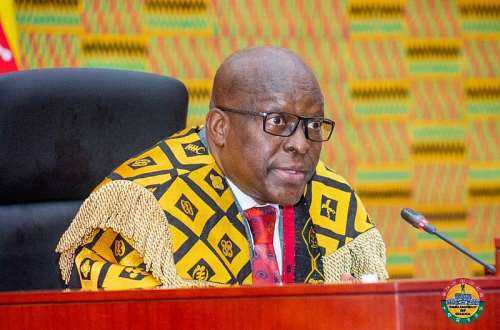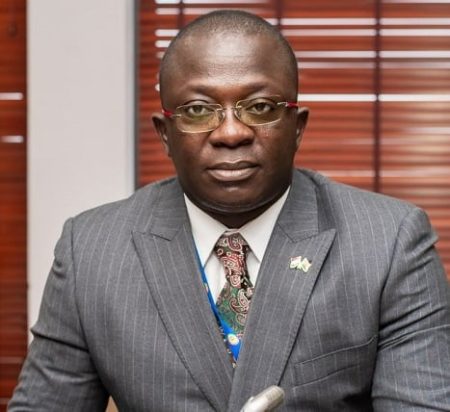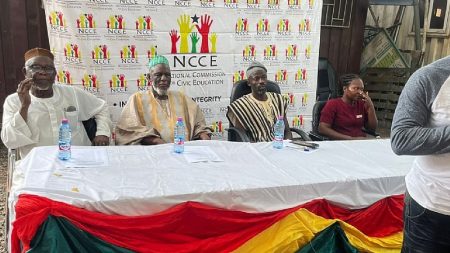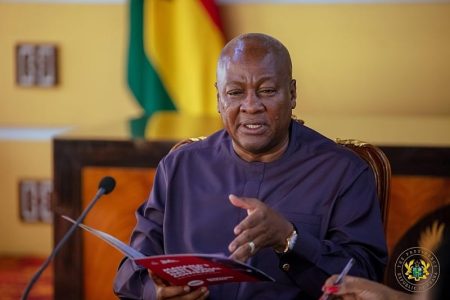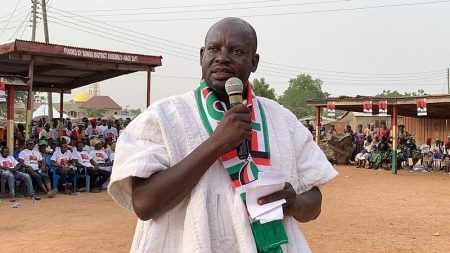The resurgence of the Human Sexual Rights and Family Values Bill, commonly referred to as the anti-LGBTQ+ bill, in Ghana’s Ninth Parliament signals a renewed legislative battle over the rights and recognition of LGBTQ+ individuals within the country. Speaker Alban Bagbin’s confirmation of the bill’s reintroduction for its first reading marks a significant step in its legislative journey, setting the stage for another round of intense public debate and international scrutiny. The bill’s core objective is to criminalize same-sex relationships and any associated activities, including advocacy, promotion, and financial support, effectively pushing LGBTQ+ individuals further into the margins of Ghanaian society. This move reflects a deeply rooted socio-cultural tension between traditional values and evolving notions of human rights.
The bill’s history adds another layer of complexity to the current situation. Having previously passed through the Eighth Parliament, it ultimately failed to become law due to the lack of presidential assent from then-President Nana Akufo-Addo. This previous attempt, which also sparked significant public discourse and international attention, underscores the deeply divisive nature of the proposed legislation. Its re-emergence in the Ninth Parliament suggests a renewed determination by its proponents to push the bill through the legislative process, raising concerns among human rights advocates and LGBTQ+ individuals about the potential impact on their lives and freedoms. The bill’s reintroduction also presents a new political challenge for the current administration, forcing them to grapple with the complex interplay between domestic social conservatism, international human rights obligations, and the potential economic and diplomatic ramifications of enacting such legislation.
Speaker Bagbin’s announcement that the bill has completed the necessary procedural steps underscores the intent to move forward with its consideration. This confirmation signals that the bill is no longer just a looming threat but a concrete piece of legislation poised to dominate parliamentary discourse in the coming sessions. The fact that it is being tabled alongside two other private members’ bills—the Property Rights of Spouses Bill and the Constitution of the Republic of Ghana Amendment Bill—indicates a busy legislative agenda, but the anti-LGBTQ+ bill is likely to overshadow these other initiatives due to its controversial nature and the potential for widespread social and political repercussions. This confluence of legislative activity will likely test the Parliament’s ability to effectively manage multiple complex issues concurrently.
The potential ramifications of the bill’s passage are wide-ranging and significant. Criminalizing same-sex relationships would not only violate the fundamental human rights of LGBTQ+ individuals but also further stigmatize and marginalize an already vulnerable population. By outlawing advocacy and support networks, the bill would effectively silence voices advocating for LGBTQ+ rights and hinder efforts to provide essential services and support to this community. The potential chilling effect on free speech and association is another significant concern, as it could create an environment of fear and self-censorship, inhibiting open dialogue and hindering progress on critical human rights issues.
Beyond the immediate impact on the LGBTQ+ community, the bill’s passage could strain Ghana’s relationships with international partners who prioritize human rights and inclusivity. It could lead to diplomatic pressure, economic sanctions, or damage to Ghana’s international reputation. The resulting polarization within Ghanaian society could also exacerbate existing social tensions and undermine efforts to build a more inclusive and tolerant nation. Furthermore, the bill’s focus on criminalization rather than addressing the underlying social and health issues facing the LGBTQ+ community represents a missed opportunity to foster dialogue and understanding.
The reintroduction of the anti-LGBTQ+ bill presents Ghana with a critical juncture. The ensuing debate will not only shape the lives of LGBTQ+ individuals but also define the nation’s commitment to fundamental human rights principles and its place on the global stage. The decision facing Parliament is not simply about the legality of same-sex relationships; it is about the kind of society Ghana aspires to be: one that embraces inclusivity and respects the dignity of all its citizens, or one that succumbs to fear and prejudice. The coming months will be crucial in determining which path Ghana chooses to follow and the legacy it will create for future generations.





